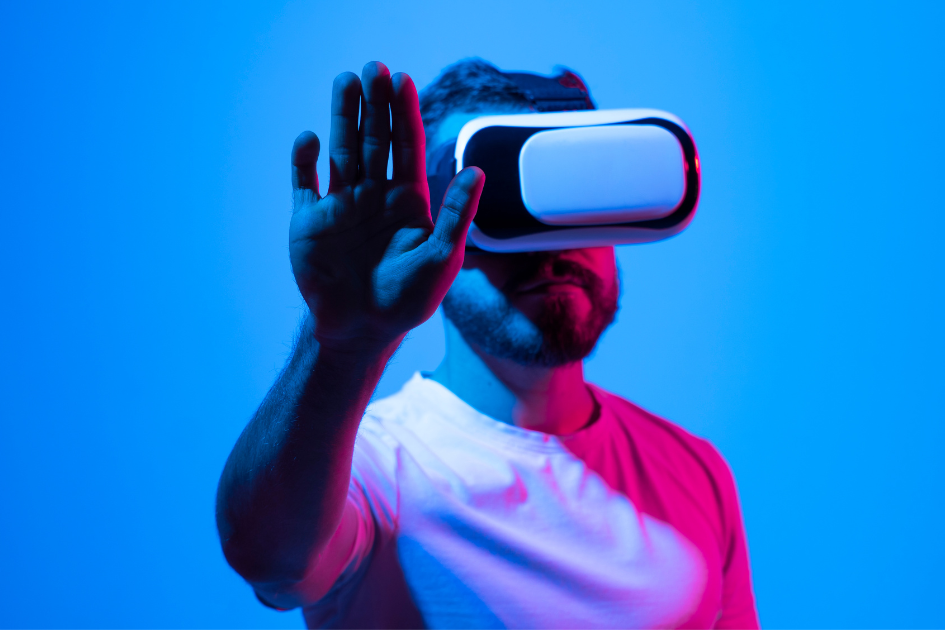Augmented Reality (AR) is rapidly reshaping how we interact with technology, and by 2025, AR glasses are expected to become mainstream. These advanced wearables will revolutionize the way we live, work, and communicate by seamlessly blending digital information with the real world. From projecting interactive 3D visuals to providing real-time contextual data, AR glasses will offer users a more immersive and intelligent experience across all aspects of daily life.
One of the most transformative applications of AR glasses will be in communication. Unlike conventional video calls or messaging apps, AR-powered communication will feel natural and interactive. Users will be able to engage in lifelike virtual meetings where participants appear as holograms in their immediate environment. With built-in facial recognition and live translation features, the glasses will make conversations across languages and cultures seamless, allowing for more engaging, inclusive interactions. These features will be especially valuable in global business, education, and travel.
In professional settings, AR glasses will drastically improve productivity. In fields like manufacturing, engineering, and field service, workers will benefit from step-by-step visual instructions projected right in their line of sight. Real-time data overlays, remote assistance, and automated diagnostics will enhance accuracy and reduce downtime. Technicians and mechanics, for instance, will be able to conduct complex repairs hands-free while receiving guidance from remote experts. This will lead to more efficient workflows, fewer mistakes, and enhanced job safety.
Creative professionals will also benefit immensely from the integration of AR into their workflows. Architects, product designers, and engineers will be able to view and manipulate 3D models in real space, collaborating on projects with team members from around the world as if they were in the same room. The ability to interact with designs in real scale and context will not only streamline the design process but also reduce the risk of costly errors. As AR glasses become more intuitive, they will offer creative teams new ways to prototype, iterate, and innovate.
In the education sector, AR glasses are set to redefine how knowledge is absorbed and retained. Instead of relying solely on textbooks or videos, students will experience immersive lessons that allow them to explore historical sites, understand complex scientific concepts, and even conduct simulated experiments. Imagine a biology student exploring the human anatomy in 3D or a history class walking through an ancient civilization. These interactive experiences will foster deeper understanding and engagement. Real-time feedback during simulations—such as in medical or technical training—will also accelerate learning and skill development.
The market for AR glasses is forecasted to grow rapidly over the next few years. According to industry research, the AR/VR market is expected to surpass $200 billion by 2025, with AR glasses playing a significant role in that growth. While enterprise adoption will likely lead the charge, consumer interest is steadily rising as the technology becomes more affordable and user-friendly. As AR glasses become commonplace, they will serve as a key interface for everything from navigation and fitness tracking to social interaction and smart home control. With growing capabilities and applications, these devices are on track to become as essential as smartphones.
As AR glasses move from novelty to necessity, they will raise important considerations around data privacy, digital well-being, and ethical design. With wearables constantly collecting environmental and personal data, robust security measures will be essential to protect user information and maintain trust. That said, the potential of AR to enhance daily life, streamline tasks, and transform how we connect and learn is undeniable. By 2025, AR glasses will not just augment reality—they will redefine it.

